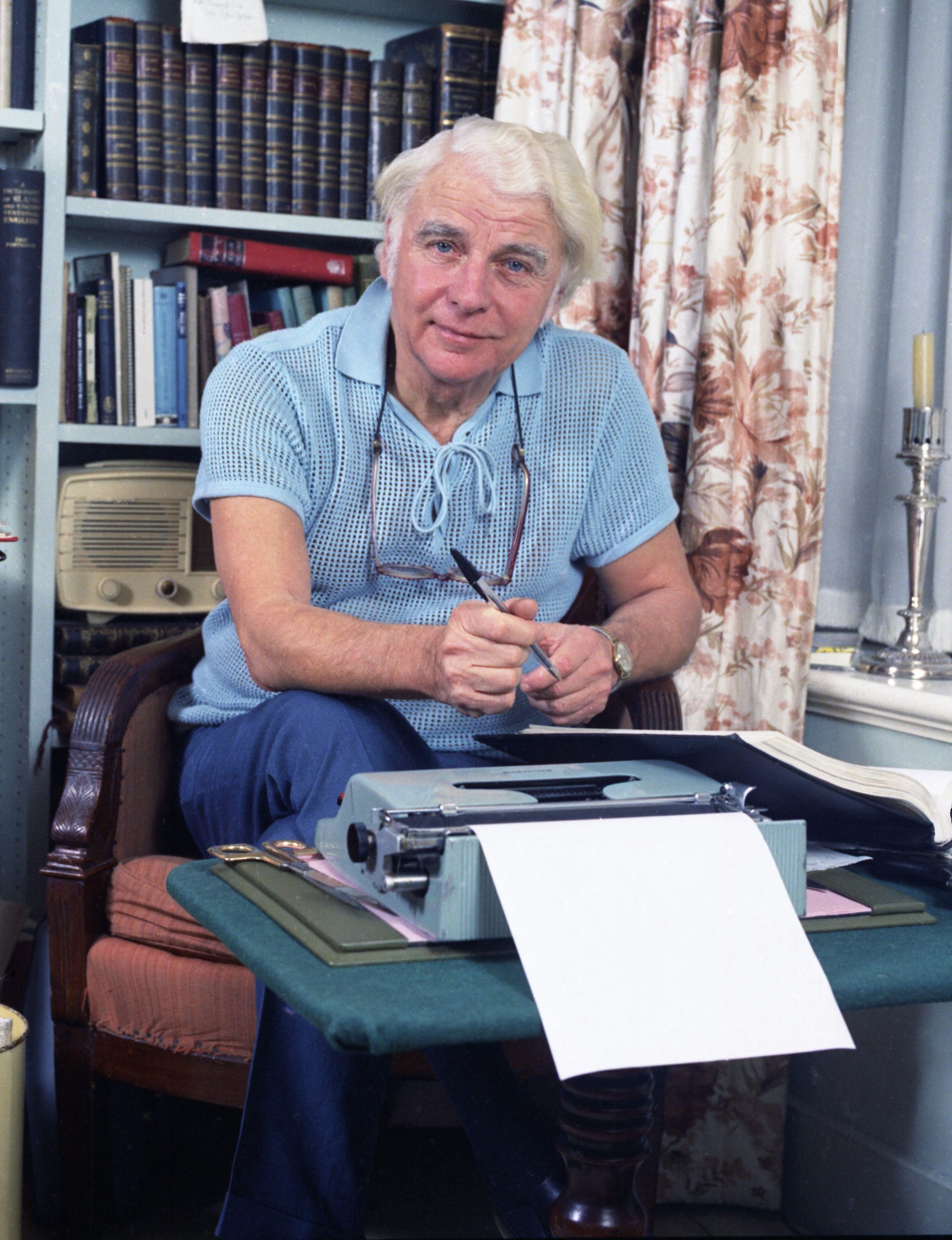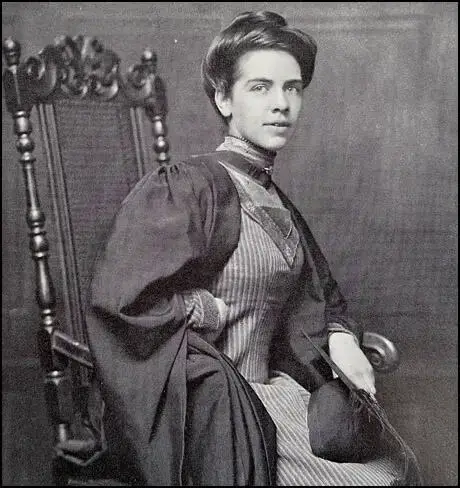
- info@the-white-lion.com
- 01352 961084

“The new home was hardly a mile from the last, inland. Described outside as ‘The White Lion Inn, licensed to RICHARD WILLIAMS’ in brazen letters, it was always called Pen-y-Maes, Top of the Field. A large slate-roofed white-washed box, perched on a hillock, not picturesque, not ugly, it dominated Glanrafon, which must be the easiest less-than-a-village in the world to describe.”
George: An Early Autobiography by Emlyn Williams, 1961
The White Lion Inn wasn’t always a pub, it started out, as a lot of pubs did, as a home, Pen y Maes Farm. An inscription above the door reads, “EPC 1824”, indicating the farmhouse was built in 1824 by Edward Price.
The first national census of 1841 lists it as Pen y Maes with, amongst many others, Edward Price living there as a publican, with his wife Catherine. In the census of 1851, it is listed as the White Lion with Edward Price also being a “Coal Mine Agent”, and in 1861 he was an “Inkeeper”. Edward lived a full and long life, he had seven children and two wives, he died in 1863 aged 75 while still living in Pen y Maes/the White Lion.
The 1871 census shows the pub being run by John and Jane Brunton, and in 1881 by Thomas and Maria Jones. The 1891 census doesn’t name the White Lion, but there are still Prices at Pen y Maes. In 1901, John and Ellen Peck are inkeepers at the White Lion, and by 1911 Richard, Mary and George “Emlyn” Williams are living and working there.
Click on the images below to view the census records.

Emlyn Williams (1905-1987) from Pen y Ffordd, Flintshire, was an actor, writer and playwright of international renown. He was born as George Emlyn Williams and started using the name Emlyn Williams in 1927.
With the assistance of his French teacher, Sarah Grace Cooke (d. 1964), he won a scholarship to Christ Church College, Oxford, in 1923 (the events were later fictionalised in ‘The Corn is Green’). Upon graduating, he pursued a successful acting career, appearing on the stage in ‘The Frightened Lady’, and becoming a mainstay of the British film industry in the 1930s, working on Hitchcock’s ‘Jamaica Inn’ and other films, writing and appearing in ‘The Last Days of Dolwyn’ (1949). He wrote and produced numerous stage plays, including ‘A Murder Has Been Arranged’ (1930), ‘Night Must Fall’ (1935), ‘The Corn is Green’ (1938), ‘The Wind of Heaven’ (1945), and ‘Accolade’ (1951), and adaptations of Turgenev’s ‘A Month in the Country’ (1957), Ibsen’s ‘The Master Builder’ (1964), and created one-man shows from the works of Saki, Dylan Thomas and Charles Dickens; many of these were reworked as TV plays and films.
His stage appearances continued in London, New York and elsewhere. He continued to make TV and film appearances from the 1950s into the 1980s, notably in ‘The L-shaped Room’ (1962), and ‘Emlyn Williams as Charles Dickens’ (1983). He also wrote ‘George, An Early Autobiography’ (1961), ‘Emlyn: an early autobiography, 1927-1935’ (1974), a non-fiction account of the Moors Murders, ‘Beyond Belief’ (1967), and the novels ‘Headlong’ (1980) and ‘Dr Crippen’s Diary’ (1987).
He was married to Mary Marjorie (Molly) Carus-Wilson (née O’Shann) (d. 1970) in 1935, and had two sons, Alan and Brook. He was awarded the CBE in 1962. He had many actor friends, including Richard Burton, Noël Coward, John Gielgud, Sybil Thorndike and Lillian Gish.
Sarah Grace Cooke, was born in the village of Farnley, near Leeds, in 1883.
In 1916, while employed as a teacher of French and Latin at Holywell County School, she first met the ten-year-old Emlyn Williams. He later described her with “… high cheek-bones, humorous mouth liberally curved, and a pair of wide, fearless and – even behind glass – strikingly blue eyes.”
It was a memorable meeting between this shrewd Yorkshire woman of 32 and the chubby-faced ten-year-old, the son of a struggling innkeeper from a nearby village. In a newspaper interview, Miss Cooke said, “The subject was French. He had never done any French before coming to me, but on his first day he was the only one in the form to get all his diction right. I asked him how he had done it when he knew no French. Emlyn pointed to the boy next to him and said: “I read his book on the way home from school yesterday “… It is, you see, the ability to concentrate that makes a boy successful. Emlyn just soaked up knowledge. A boy who is going to make a success shines out over the rest like a star.”
Emlyn Williams’s play, ‘The Corn is Green’, is based on his relationship with Sarah Grace Cooke.
Sarah Grace Cooke retired from teaching in October 1943 and returned to Farnley, Leeds. She and Emlyn wrote to each other every week until she died in 1964, aged 80. She bequeathed £500 worth of shares to Emyln Williams.

BAR
Monday – 4.00pm to 9.00pm
Tuesday to Friday from 4.00pm to 10.00pm
Saturday from 12.00pm to 11.00pm
Sunday from 12.00pm to 8.00pm
RESTAURANT
Monday – closed
Tuesday to Friday from 4.00pm to 9.00pm
Saturday from 12.00pm to 9.00pm
Sunday from 12.00pm to 7.00pm
No children under 12 after 7.00pm
PHONE
01352 961 084
EMAIL
info@the-white-lion.com
ADDRESS
The White Lion Inn
Glan yr Afon
Holywell
CH8 9BQ
Copyright © The White Lion Glan yr Afon. All Rights Reserved.